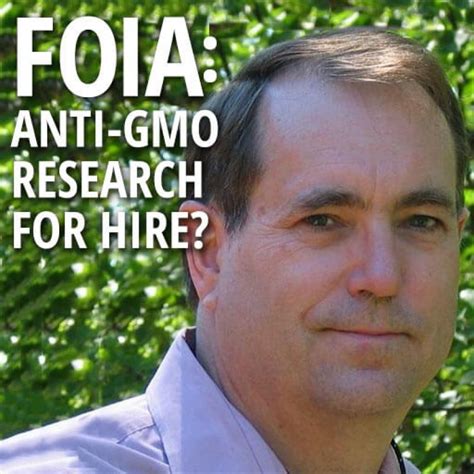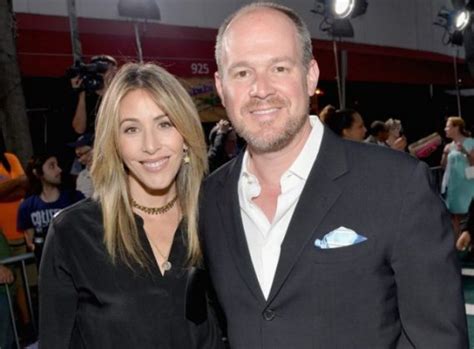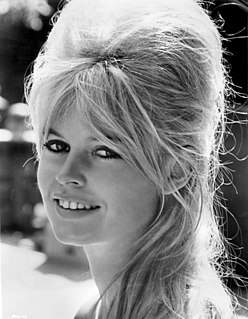Top 82 Pesticides Quotes & Sayings
Explore popular Pesticides quotes.
Last updated on April 14, 2025.
What, then, is the effect of pesticides? Pesticides have created a legacy of pain, and misery, and death for farm workers and consumers alike. The crop which poses the greatest danger, and the focus of our struggle, is the table grape crop. These pesticides soak the fields. Drift with the wind, pollute the water, and are eaten by unwitting consumers. These poisons are designed to kill, and pose a very real threat to consumers and farm workers alike.
Insect resistance to a pesticide was first reported in 1947 for the Housefly (Musca domestica) with respect to DDT. Since then resistance to one or more pesticides has been reported in at least 225 species of insects and other arthropods. The genetic variants required for resistance to the most diverse kinds of pesticides were apparently present in every one of the populations exposed to these man-made compounds.
Here in the United States, a study of nearly 700 women in California showed an increased risk of fetal death among babies whose mothers lived near crops when certain pesticides were sprayed. The largest risks were found among pregnant women exposed during the critical first trimester and among those who lived in the same square mile where pesticides were used.
Chemicals are not currently tested for their endocrine disruption potential before they are approved for use and enter our environment, and there are endocrine disruptors in a vast array of products we come into contact with every day, including organochlorine pesticides, plastics, fuels, and other industrial chemicals.
The farmer and the farm, like "the environment," are looked upon, for example, as means to offset trade deficits. The farm is a place where we can externalize costs. The cost of pesticides to the farmer and the cost of the pesticides to the soil and groundwater are regarded similarly by the public: "a serious problem that something ought to be done about." But the problem is more fundamental than this glib statement would indicate, for soil pollution is an expense of production. So are pesticides and nitrates in our farm wells. So is the loss of farmers from the land.
Golf has an ambivalent relationship with the environment. On one hand, it's a great preserver of open spaces. Golf doesn't pave the world - it helps to green the world. But the downside is, it uses a lot of fertilizer, pesticides and water. And this is in a world where we know that synthetic fertilizers and pesticides are toxic, and water is more and more scarce. Golf could do a lot more.



















































